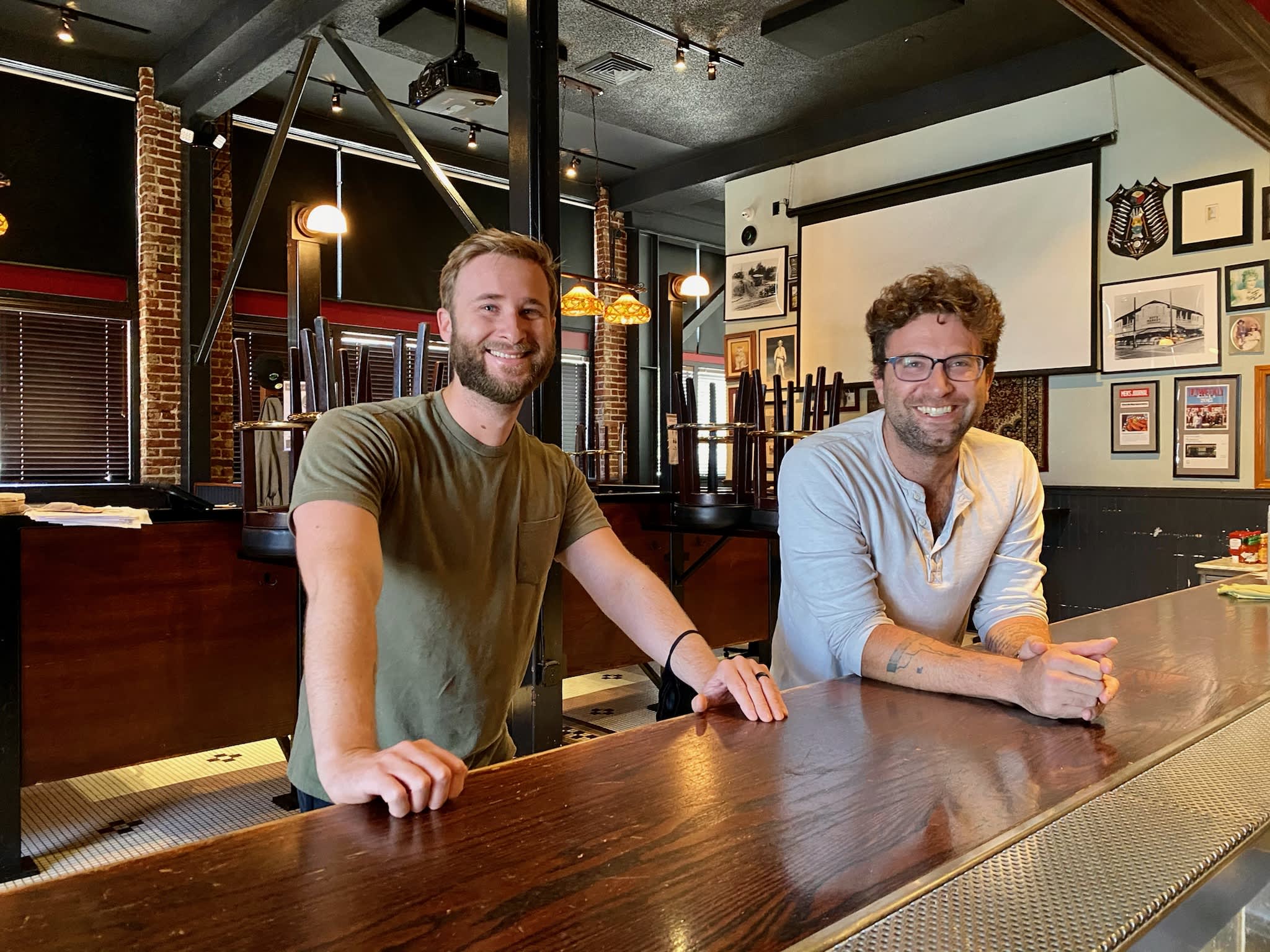As small business owners try to recover and rebuild in the wake of the Covid pandemic, they face a new hurdle: a lack of workers.
A March survey by the National Federation of Independent Business found that 42% of owners had job openings that could not be filled, a record high. Ninety-one percent of those hiring or trying to hire reported few or no qualified applicants for the positions they were trying to fill.
That is turning into a huge obstacle to growth for many small businesses, said Holly Wade, executive director of the NFIB Research Center.
“They have made it to this point and they’ve adjusted their business operations to get through the worst of the pandemic and now they are saddled with not being able to increase business operations when they find the opportunities,” she said.
More from Invest in You:
As small businesses slowly recover, financial help becomes more targeted
PPP has run out of money for most borrowers. What you need to know
Parents are sacrificing their own financial wellness to support their adult kids
The reasons vary: Potential workers may be unvaccinated and some working parents continue to face a lack of child care or in-person schooling for their children. Restaurant workers may be hesitant to return to the front line and risk getting Covid-19.
Others may have moved out of the area or found a new way to make money. Then there is the extra $300 weekly unemployment insurance, which may also hold people back from taking a job, owners have said.
Those explanations are among the ones Matt Glassman, co-owner of The Greyhound Bar & Grill in Los Angeles, heard from former employees who decided not to return when he reopened this week. His two locations have been closed since last June, after Glassman and co-owner Steven Williams contracted Covid and decided it wasn’t worth the risk to reopen until vaccines were readily available.
While Glassman wanted to retain as much of his original staff as possible, he understood why those who didn’t return made their decisions.
For instance, since his locations are only open at about a third of capacity, due to social distancing rules, tipped workers like bartenders and waitresses will be affected. Bartenders make about 75% to 80% of their wages in tips, he said.
“They are taking a massive pay cut through no fault of ours and no fault of theirs,” said Glassman, who took out Paycheck Protection Program loans and recently applied for aid through the Small Business Administration’s Restaurant Revitalization Fund.
Hiring new workers has been the most frustrating, business owners say.
“Finding new hires is a skillset that it was not 16 months ago,” said Glassman, 39, and a former bartender.
“We have had an unbelievable amount of people schedule an interview and not show up,” he added. “We have never had this problem before.”
To be sure, small businesses still see a long recovery ahead. Confidence is slowly moving higher, now at 45 in the current quarter, up from a record low of 43 in the first quarter, according to the Small Business Confidence Index in the latest CNBC|SurveyMonkey Small Business Survey.
I often suggest that whenever anyone says, ‘I can’t find the workers I need,’ she should really add, ‘at the wages I want to pay.’Heidi Shierholzsenior economist and director of policy at the Economic Policy Institute
Hiring is also expected to increase. Twenty-five percent of owners expect their headcount to increase in the next year, the survey found. Job openings can be found on free websites, such as Indeed and local Craigslist ads. Restaurant workers can also look on CulinaryAgents.com.
Yet while business owners complain about the lack of available workers, Treasury Secretary Janet Yellen has cautioned privately against overreacting, according to the Washington Post, which cited two sources who spoke on the condition of anonymity. Yellen argued more time and data is needed before assuming there is a problem in the economy, the paper reported.
Heidi Shierholz, senior economist and director of policy at the Economic Policy Institute, doesn’t believe there is a widespread labor shortage. For one, wages aren’t rising rapidly, which indicates a tight labor market and job growth is booming, she said in a recent op-ed in the Initiative for Policy Dialogue.
As for the $300 unemployment benefits keeping low-wage workers away from jobs, she points to research papers that found an extremely limited effect the weekly $600 benefit had last year in discouraging workers.
Instead, the lack of workers may have to do with the fact that employers aren’t raising wages, she argued.
“Employers post their too-low wages, can’t find workers to fill jobs at that pay level, and claim they’re facing a labor shortage,” she wrote.” Given the ubiquity of this dynamic, I often suggest that whenever anyone says, ‘I can’t find the workers I need,’ she should really add, ‘at the wages I want to pay.'”
Yet many small businesses argue that they can’t pay higher wages if they aren’t making money. Already, 28% of small business owners reported raising compensation in March, according to the NFIB survey.
“If I could pay every single person in this place more to come back and feel safe I would,” said Glassman, who just gave his staff raises. His bartenders and servers, for instance, make $15 an hour before tips. He had a hard time finding a custodian at $17 an hour and dishwasher at $16 per hour.
“I absolutely would love to give everyone a massive raise to feel more safe and more loved,” he added.
“Right now, we don’t know where that money comes from.”
SIGN UP: Money 101 is an 8-week learning course to financial freedom, delivered weekly to your inbox.
CHECK OUT: We paid off $250,000 in debt and grew our net worth to $800,000: Here’s our best advice via Grow with Acorns+CNBC via Grow with Acorns+CNBC.
Disclosure: NBCUniversal and Comcast Ventures are investors in Acorns.
